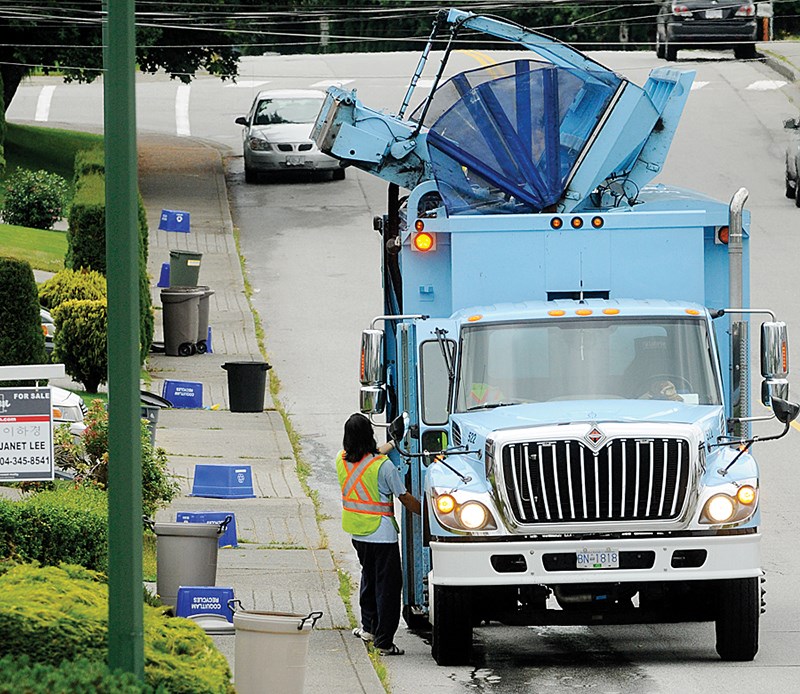The Editor,
Re. “Who polluted Hyde Creek?” (The Tri-City News, May 27) Re. “Cities, MMBC are making recycling too complicated” (Letters, The Tri-City News, May 18).
Thousands of foam pellets were dumped into Hyde Creek in Port Coquitlam. I appreciate the efforts of the two men who chose to spend their free time vacuuming it up.
The article stated that styrofoam is banned from garbage and has to be taken to a recycling centre. This is correct but the following foam packaging, white and coloured, are not accepted at MMBC depots: foam peanuts, packing chips, or noodles; blue or pink foam board insulation; squishy or flexible foam.
Remember, there is always Pacific Mobile Depots Recycling Solutions, which will recycle mostly every soft and rigid plastic and other styrofoam that MMBC will not accept. They come once a month at Glen elementary school.
I have educated and trained my 70-year-old parents in the new recycling system. It takes reading the information, clarifying questions, understanding what goes where and then putting this knowledge into action. It is not complicated. It requires effort, like most things in life.
I feel it comes down to: How much it is a priority in one’s life and do I care to learn and do it?
Years ago, before MMBC was implemented, I got into many discussions with my neighbour who would throw his socks and glass jars into recycling bins knowing they did not belong. His rationale was that he paid enough taxes.
I support fines for those with contaminated bins and I would be happy to host recycling workshops on behalf of the city for those who find this system — admittedly, not perfect — challenging.
Nikki Stubbs, Port Coquitlam
••••••••
MMBC ON RECYCLING & PACKAGING
The Editor,
Re. “Cities, MMBC are making recycling too complicated” (Letters, The Tri-City News, May 18).
Multi-Material BC (MMBC) does not have a zero-tolerance policy. Our agreement with collectors throughout the province requires 3% or less contamination in recyclables, which means that 97% of materials collected must be residential packaging and printed paper, as opposed to products, organics, textiles or other contaminants that prevent the recycling program from working effectively and efficiently.
MMBC’s contamination-reduction efforts are focused on non-recyclables (i.e., organics/green waste and garbage); hazardous waste; and products outside the scope of the residential packaging and printed paper recycling program. Hazardous waste items, electronics and many other consumer products may be returned through other take-back programs.
With regards to plastic bags and overwrap, glass bottles and jars, and foam packaging, these are all accepted in MMBC’s program as long as they are taken to a depot; this ensures they can be recycled properly and in a way that meets MMBC’s end-market environmental standards.
When residents mix these types of packaging with their other recycling, it makes it difficult to properly process the materials — taking them to a depot means more of all types of materials will get recycled.
Allen Langdon, Multi-Material BC



